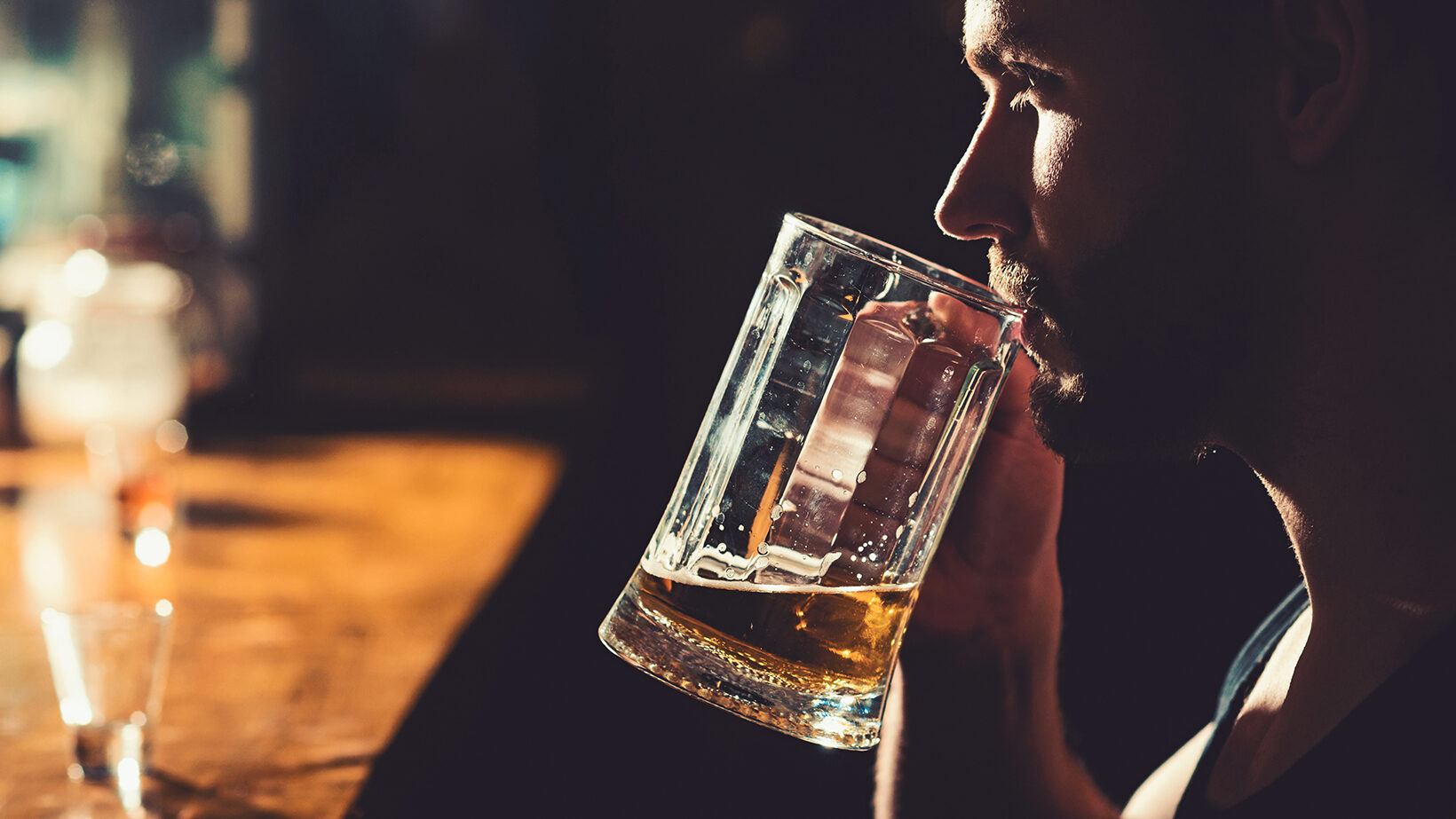Do alcohol and exercise mix?
If so, would you prefer to have it shaken or stirred?
During the peak of my college partying days, I stumbled across an article that stopped me in my tracks.
It stated that one night of binge drinking can impede muscle recovery (a.k.a. hard-earned gains) for up to two weeks.
I took it at its word.
This was enough to make me question my consumption and caused me to cut back to care for my physical well-being.
Since then, I have come across many men and women who appear to be in great shape despite their alcohol consumption, leading me to question the relationship between the two.
The Set Up
That shot of tequila on Margarita Monday may seem harmless as the media heavily depicts the benefits of drinking and your heart rate, cholesterol, and other physiological functions.
At 7 calories per gram of alcohol, a series of 70-100 calorie shots is a hefty price to pay if you’re trying to stay lean.
That shot is not filling you up at all.
Now faced with an ultimate hunger, you’re heavily impaired and only have food cravings for grease-filled and fat-laced items on the dollar menu. These munchies often lead you to consume more food than you usually would, later at the expense of your macros and your wallet (aren’t food delivery fees are absurd these days?!).
The Guilty Mentality
Then you wake up hungover, dehydrated, grumpy, and are hit with a heavy buyer’s remorse from all of the tabs you built up the night prior.
You reach for last night’s leftovers and count today as a loss at hitting your macros from the get-go which is ultimately detrimental to your fitness goals.
Maybe you get some coffee too which is a heavy vasoconstrictor and causes additional dehydration.
You swear off drinking forever – or maybe just tequila – as you recap the night with your pals.
Tomorrow you hit the gym and your muscles feel sore, but not the usual type of soreness you feel after a hard workout.
They feel inflamed and weak.
Another good workout lost to your night out.
Does this sound familiar?
Let’s look at what’s going on underneath this chain of events.

The Facts
Binge drinking is defined by both the National Institute on Alcohol Abuse and Alcoholism and the Substance Abuse and Mental Health Services Administration as 4 or more drinks for women and 5 or more drinks for men in one occasion. [4]
This level is pretty easy to hit in just a couple of hours if you are not careful.
By these definitions, many people binge drink several times a week, elevating their blood alcohol content (BAC) and creating lasting physiological effects on their bodies.
One of these physiological effects of alcohol consumption includes, “[decreasing] the use of glucose and amino acids by skeletal muscles”. [5]
Since glucose is used for energy and amino acids for maintaining muscle, these assets will both be lacking during exercise, leaving you feeling weak and tired.
Other important physiological impairments include decreased immune system functioning, dehydration, and stress on organs such as the liver. [5]
The nutritional value of alcohol is low.
Made mostly of fermented grains, sugars, or other carbohydrate sources. Alcohol contains little to no protein or fat and sometimes a few carbs depending on the type of alcohol you consume. [3]
Related – Best Beers for Dieting
Since alcohol is not stored by the body the way that fats, proteins, and carbohydrates are, it must be broken down by organs such as the liver, the brain, the pancreas, and the intestines. [2]
This diverts your body from storing essential macronutrients to breaking down alcohol, damaging these organs in the process.
Without getting too deep into the biological complexities, I’ll put it bluntly; Alcohol damages almost all types of tissue in your body – including muscle tissue. [6]
All of these necessary functions to break down alcohol leads you to feel those irritable, head-pounding, aching hangover feelings. The immediate effects may only be felt for a day or two after.
However, persistent binge drinking can impair your body for longer.
Your recovery time slows, preventing you from continuing to build muscle among many other important regular bodily functions.

It’s okay to ditch the vodka for some pre-workout occasionally… Or mix the two together.
Final Conclusions
Now, to claim that one night of binge drinking will impede your gains for two weeks is a bit of a stretch.
Everyone’s ability to process and break down alcohol is different.
It is hard to say what the exact effects will be for your body. Based on the amount of alcohol you consume, the frequency, and your body’s ability to process alcohol – recover time will differ but you will have negative effects whether you feel them or not.
Next time your buddy hits you up for thirsty Thursday, consider your goals and account for moderation before planning your bar-hopping scheme.
If you are concerned with your alcohol consumption, do not be afraid to seek help.
Voice your concerns to a loved one, your primary care provider, or free & confidential services such as SAMHSA’s National Helpline: 1-800-662-HELP and local Alcoholics Anonymous meetings.
References
2. “Calories in Alcohol.” Drinkaware, www.drinkaware.co.uk/alcohol-facts/health-effects-of-alcohol/calories/calories-in-alcohol/.
3. “Drinking Levels Defined.” National Institute on Alcohol Abuse and Alcoholism, U.S. Department of Health and Human Services, 26 Jan. 2017, www.niaaa.nih.gov/alcohol-health/overview-alcohol-consumption/moderate-binge-drinking.
4. El-Sayed, Mahmoud S, et al. “Interaction between Alcohol and Exercise: Physiological and Haematological Implications.” Sports Medicine (Auckland, N.Z.), U.S. National Library of Medicine, 2005, www.ncbi.nlm.nih.gov/pubmed/15730339.
5. Jung, M Katherine, et al. “Alcohol Exposure and Mechanisms of Tissue Injury and Repair.” Alcoholism, Clinical and Experimental Research, U.S. National Library of Medicine, Mar. 2011, www.ncbi.nlm.nih.gov/pmc/articles/PMC3117956/.







